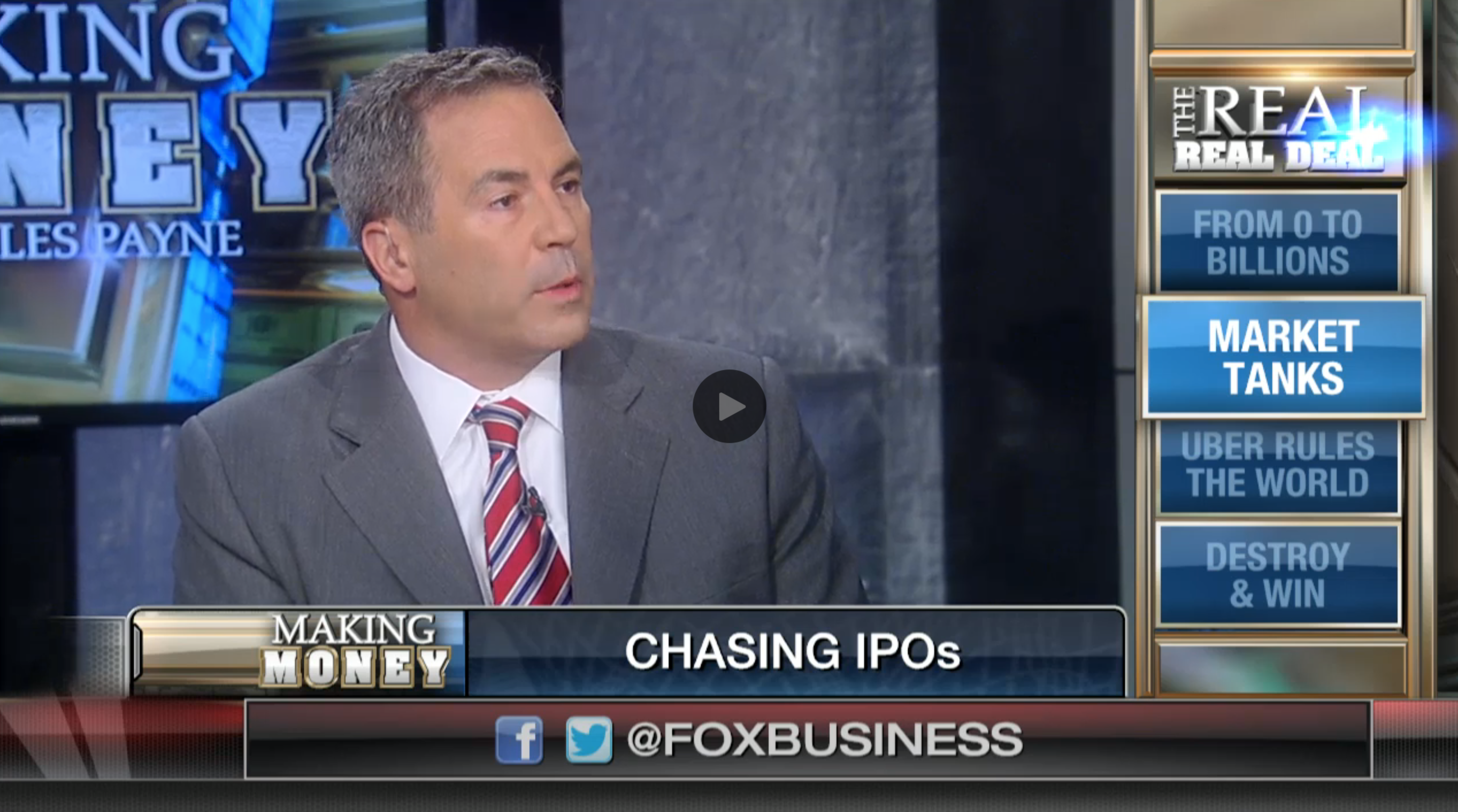FORBES: Music Publishers Continue To Seek Handouts Despite DOJ Sanctions
The accessibility of music driven by the digital revolution has enabled music to pervade consumers lives more than ever. With services from Pandora , iHeartMedia , Sirius XM Radio SIRI -0.37%, Apple AAPL +0.24% and Spotify, people enjoy music in places and ways never imagined just a few short years ago. For artists, the revolution has brought new platforms to reach hundreds of millions of consumers in unprecedented ways. Scope and scale to use consulting industry lexicon.
Yet these advances seem to be under perpetual threat from big corporate interests seeking to hang on to the days when they and their allies in government held all the cards in a rigged deck. Recently, I highlighted one such threat posed by the efforts of music publishing corporations and Performance Rights Organizations (PRO) to break free of decades old settlements with the Department of Justice known as “Consent Decrees.”


